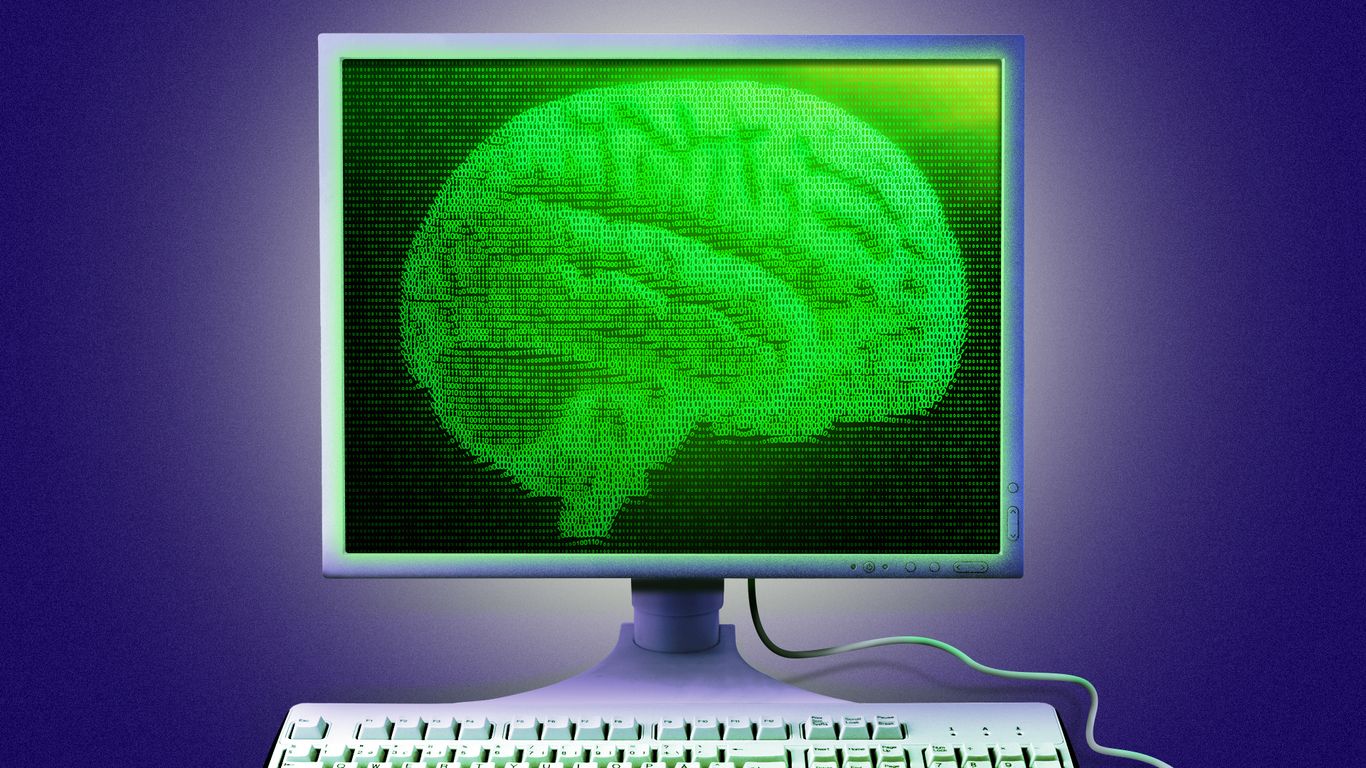
"Suspected Chinese state hackers used Claude Code to target about 30 organizations - including tech firms, banks, chemical manufacturers, and government agencies - and successfully broke into several. Earlier this month, Google said it had seen Russian military hackers using AI to write malware scripts aimed at Ukrainian entities. Threat level: As AI models get smarter, state-backed hacking powered by AI will too."
""Guys wake the f up," Sen. Chris Murphy (D-Conn.) said on X. "This is going to destroy us - sooner than we think - if we don't make AI regulation a national priority tomorrow." "The fact this is only one model and the rest are likely being similarly abused - all chilling stuff that we've been expecting for years," Chris Krebs, former head of the top U.S. cyber agency, wrote on Linkedin."
"Anthropic said Claude automated 80-90% of the latest Chinese espionage campaign. That timeline just shrank. Reality check: State hackers have long had the upper hand, even without AI. China has maintained persistent access to vast swaths of U.S. critical infrastructure for years. The Chinese government reportedly breached President Donald Trump's phone during his 2024 campaign. AI could make the challenge of keeping bad actors out exponentially harder."
Anthropic reported a fully automated cyberattack in which suspected Chinese state hackers used Claude Code to target about 30 organizations across technology, finance, manufacturing, and government, successfully breaching several. Google also observed Russian military hackers using AI to write malware scripts aimed at Ukrainian entities. Cybersecurity experts warned that fully autonomous cyberattacks were months away, and Anthropic said Claude automated 80–90% of the espionage campaign, shortening that timeline. State-backed actors have long penetrated U.S. infrastructure, including reported breaches of a presidential phone. Growing AI capability and reduced U.S. cybersecurity investment increase the national-security risk.
Read at Axios
Unable to calculate read time
Collection
[
|
...
]